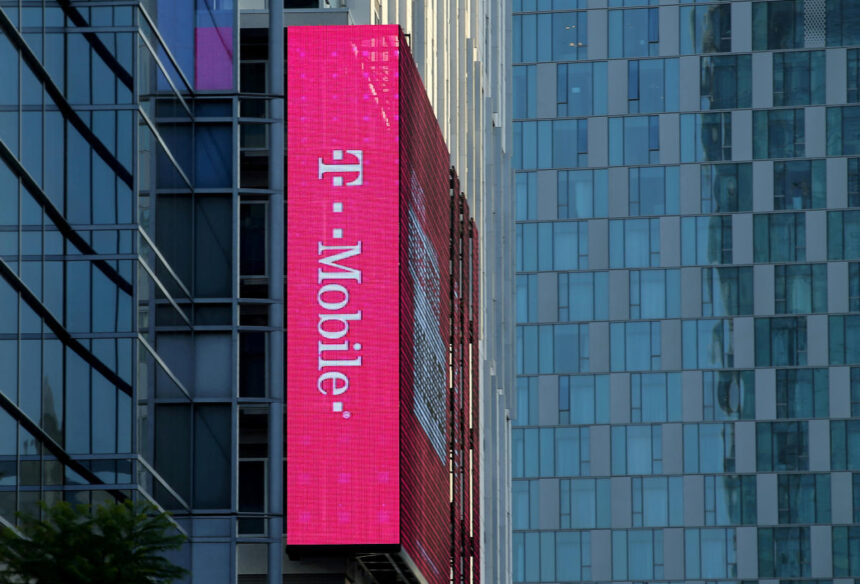“`html
Recent Cybersecurity Breach Linked to Chinese Hackers
In October, the FBI and the Cybersecurity and Infrastructure Security Agency (CISA) acknowledged their investigation into unauthorized access to commercial telecommunications infrastructure by groups associated with the People’s Republic of China. This group, referred to as “Salt Typhoon,” is believed to have targeted U.S. officials and staff involved in the recent presidential elections. However, a report from The Wall Street Journal revealed that their reach extended far beyond initial estimates.
The hackers potentially gained access to sensitive information belonging to any American who uses services from major carriers like AT&T and Verizon. Recent findings reported by The Journal and Reuters indicate that T-Mobile’s network was also compromised.
Exploitation of Vulnerabilities
The hackers are suspected of taking advantage of various vulnerabilities within Cisco Systems routers, which facilitated their entry into these telecommunications networks. According to reports from The Journal, they employed advanced techniques involving artificial intelligence and machine learning, maintaining a presence within some systems for over eight months. This prolonged infiltration allowed them access to highly sensitive data, including phone lines used by senior national security officials in the U.S., along with call logs and unencrypted text messages.
Additionally, it appears that these hackers were able to retrieve information collected by telecom providers in response to surveillance requests made by U.S. authorities.
T-Mobile’s Response
A spokesperson for T-Mobile informed The Journal that the company is “closely monitoring” these cyberattacks while asserting that its systems have not been significantly affected. They further stated there is no evidence suggesting customer data has been compromised during this security incident.
This article originally appeared on Engadget at
Source.
“`






